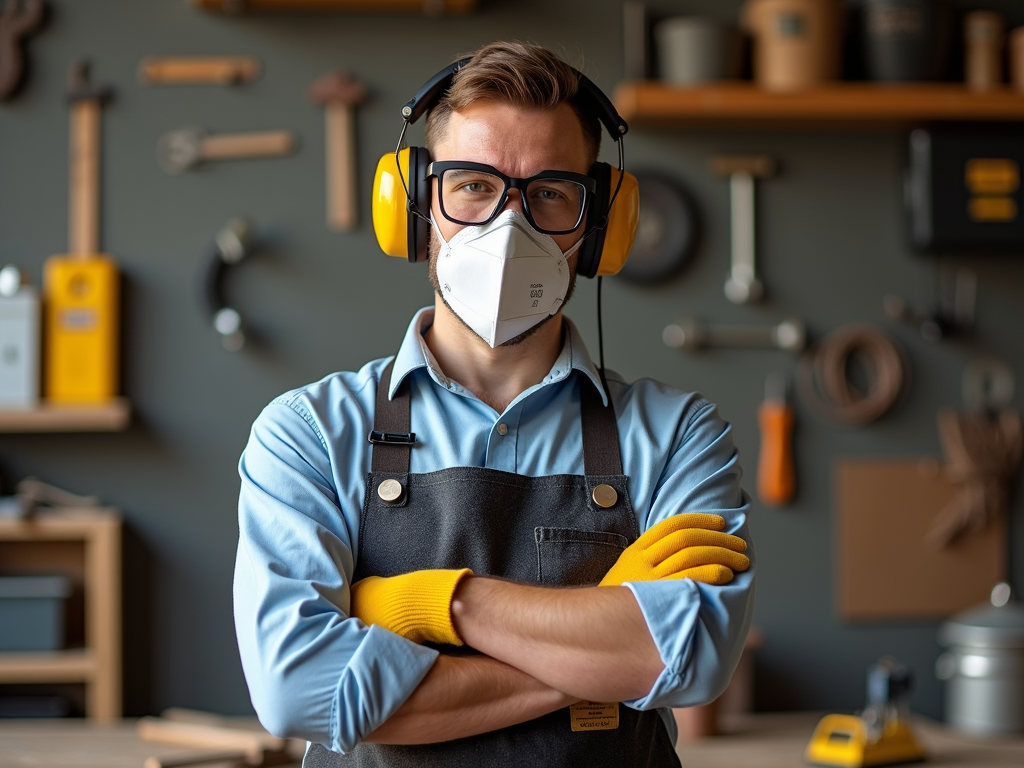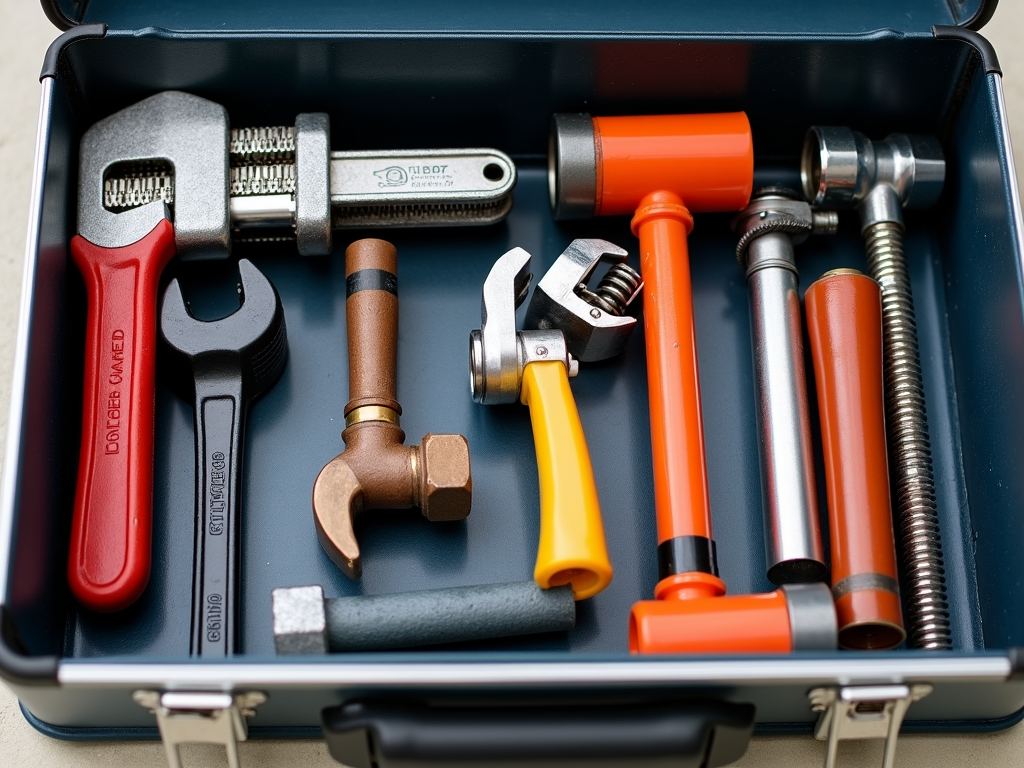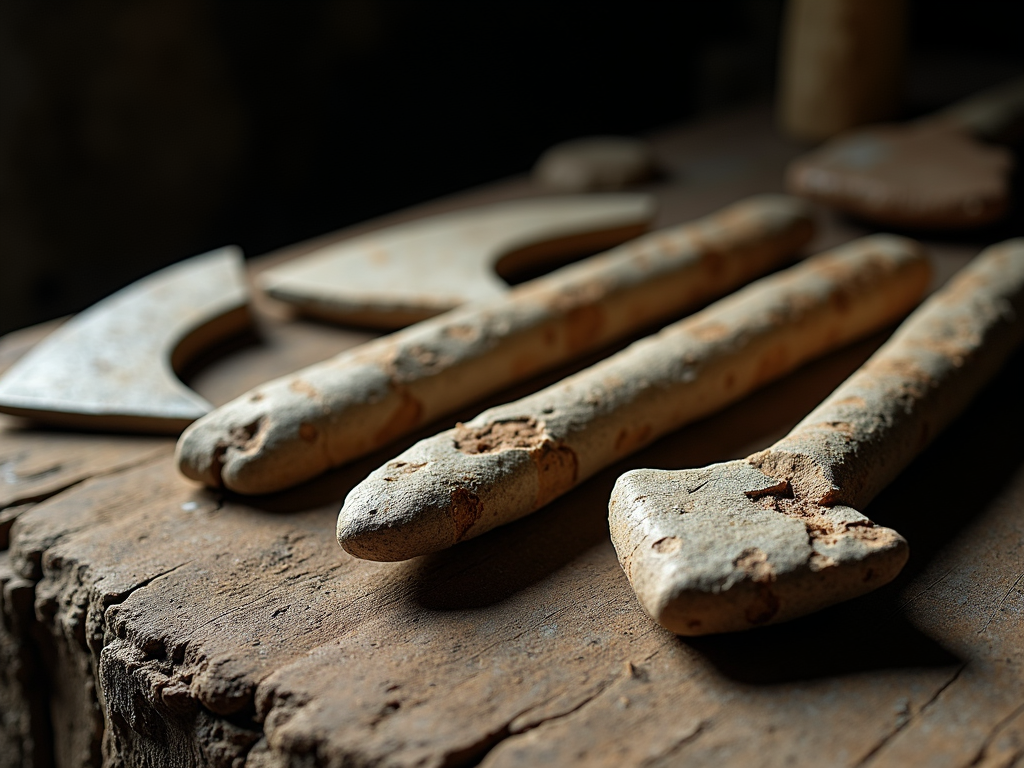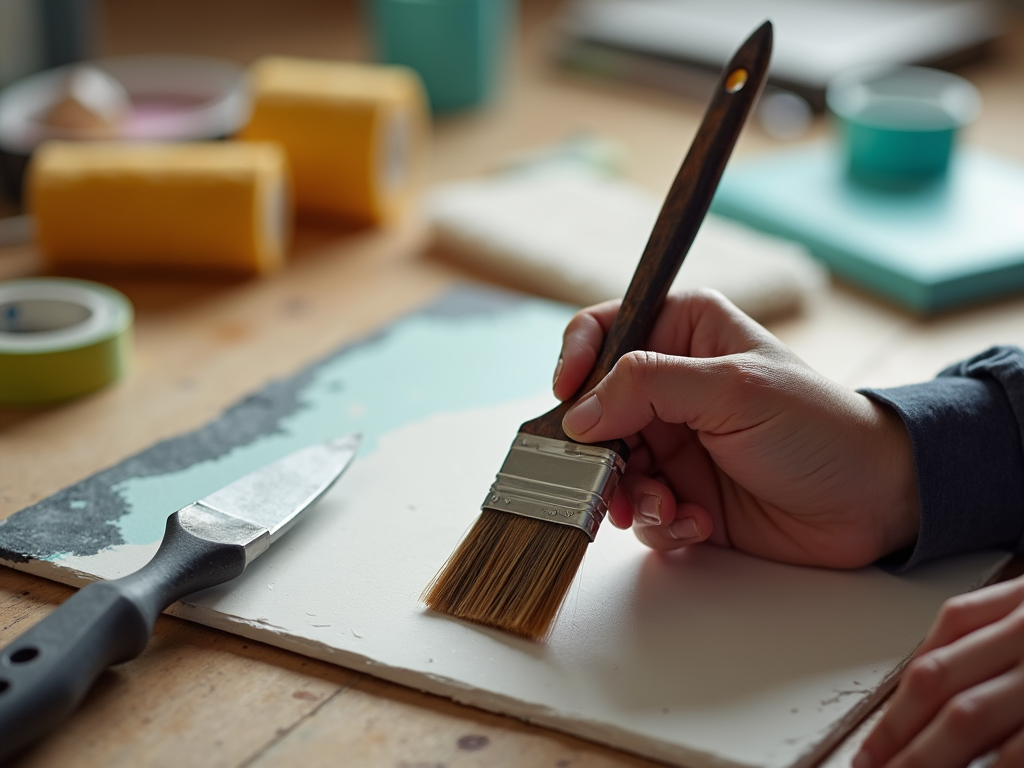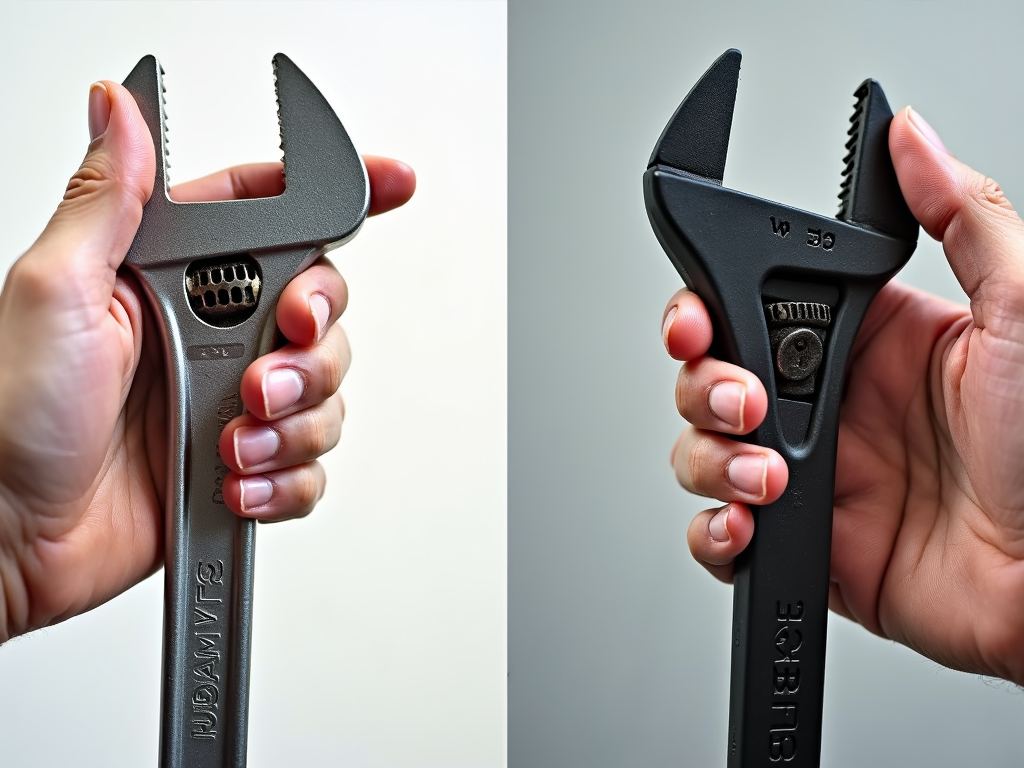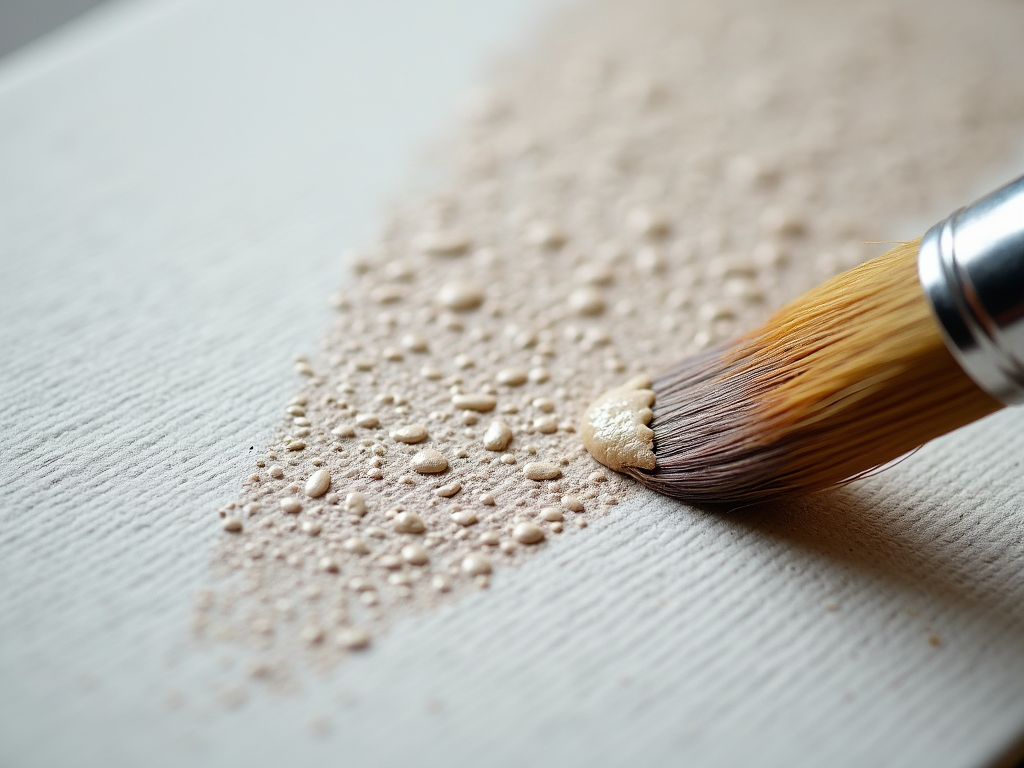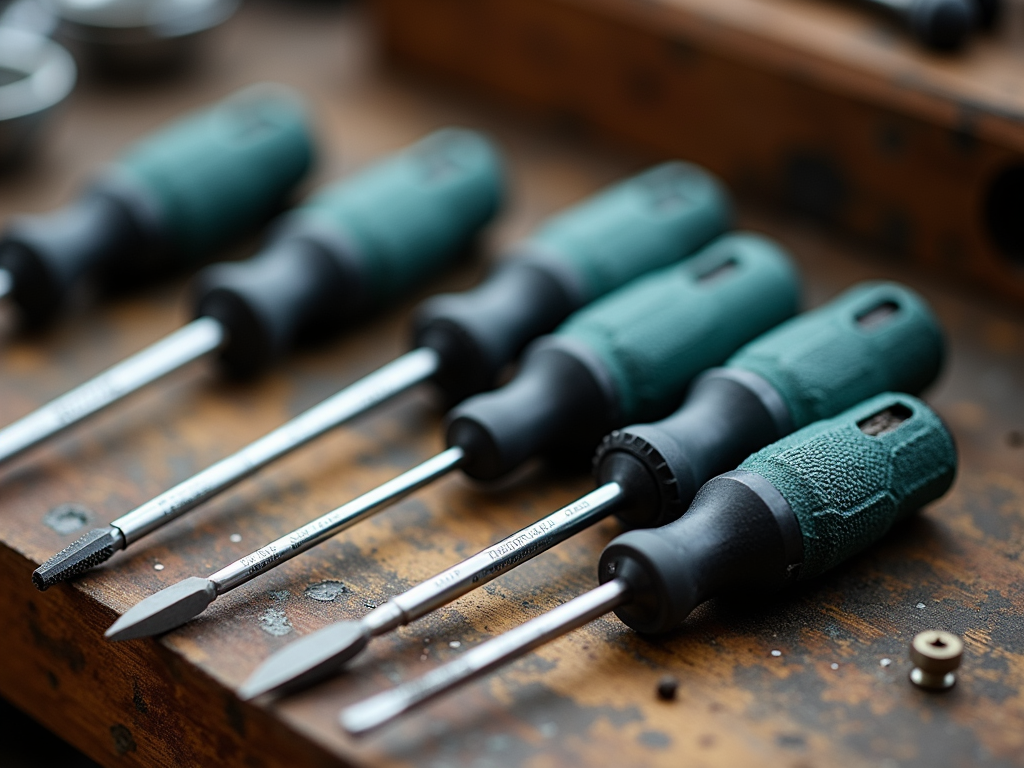Starting your journey in DIY or home improvement can be exciting, but having the right tools is key to success and safety. This Guide to Essential Tools for Beginners walks you through must-have items, like hammers, and offers practical tips to kickstart your projects.
Why You Need a Basic Tool Kit
If you're new to DIY, a basic tool kit is your foundation. It makes tasks easier, keeps you safe, and boosts your confidence. This guide highlights essential workman tools every beginner needs, starting with the versatile hammer.
Hammers: The Heart of Your Toolkit
Hammers are a staple in any tool collection. You can use them to drive nails, fit parts, or even break things apart. But not every hammer suits every job. Knowing the types of hammers for different projects ensures you work smarter, not harder.
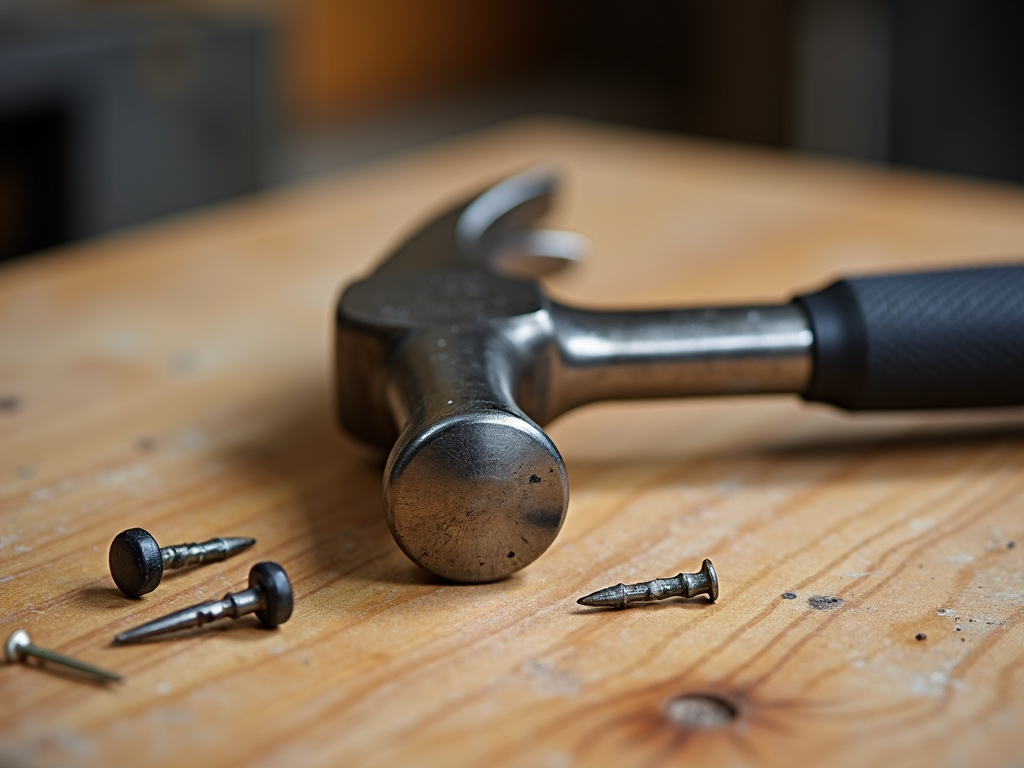
Types of Hammers for Different Projects
Here’s a quick rundown of common hammers: - Claw Hammer: Perfect for carpentry, with a flat head for nails and a claw for pulling them out. - Ball Peen Hammer: Made for metalwork, like shaping or riveting. - Sledge Hammer: Built for tough jobs, such as smashing concrete. - Rubber Mallet: Gentle enough for furniture assembly or delicate surfaces.
When I started woodworking, I grabbed any hammer I had. Big mistake! A claw hammer struggled with metal, bending its claw. Switching to a ball peen hammer saved my project—and my patience. Choose the right hammer, and you’ll save time and effort.
Hammer Tips for Beginners
Look for a forged steel head—it lasts longer. A shock-absorbing handle, like rubber or fiberglass, cuts down on hand strain. Start with a lightweight claw hammer (around 16 ounces) until you’re ready for heavier tools.
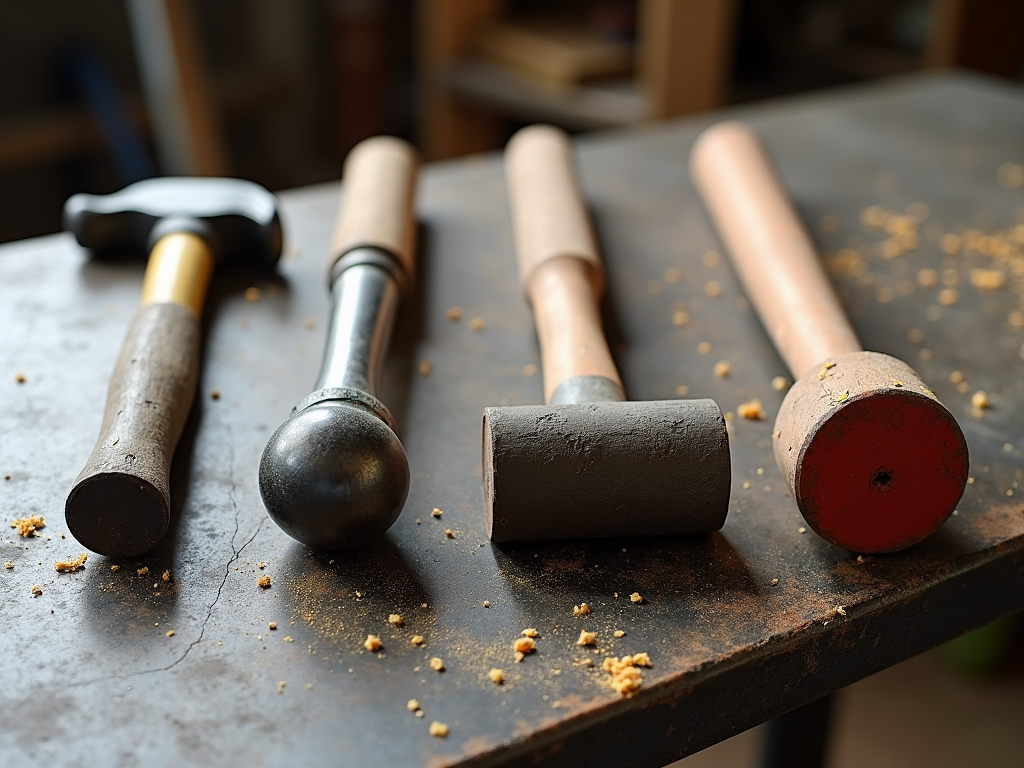
Screwdrivers: Your Assembly Ally
Screwdrivers are essential for putting things together or taking them apart. You’ll find two main types: flathead and Phillips. A good set with different sizes covers most screws you’ll encounter in DIY projects.
Picking the Right Screwdrivers
- Get a set with interchangeable bits to save space.
- Magnetic tips hold screws steady—super helpful in tight spots.
- Comfortable grips make long jobs less tiring.
I once spent an hour fumbling with a tiny screw until I got a magnetic-tip screwdriver. Game changer!
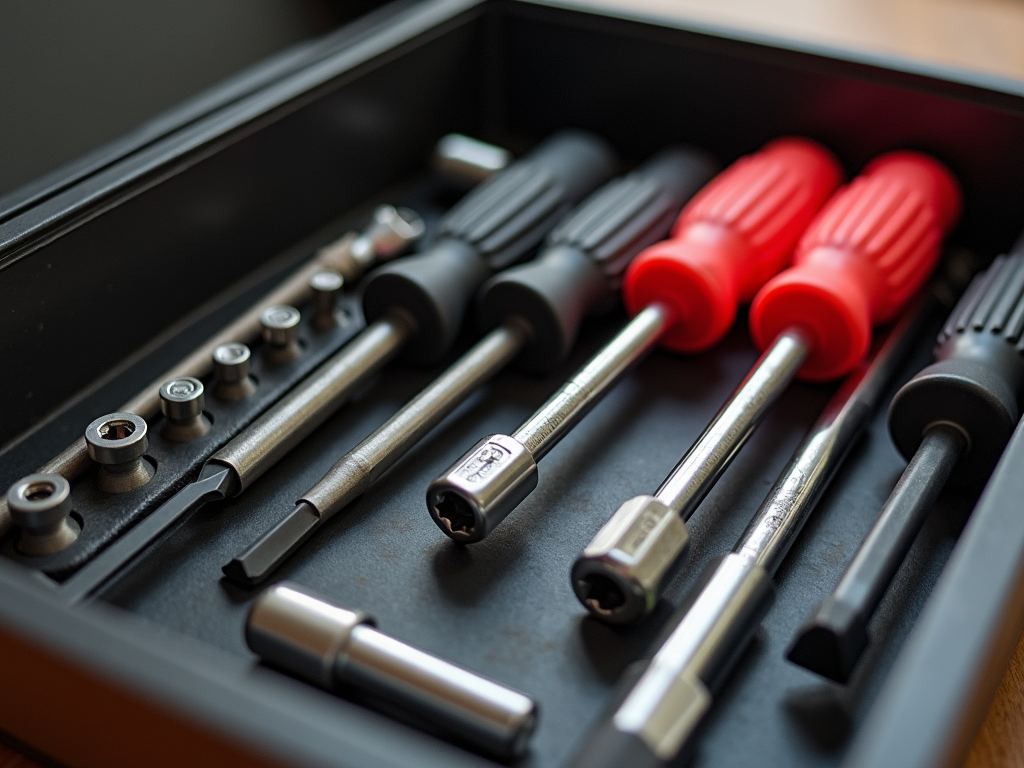
Pliers: Grip It, Twist It, Cut It
Pliers are like an extra hand. They grab, twist, and cut with ease. For beginners, two types stand out: needle-nose for precision and slip-joint for bigger tasks. They’re perfect for wires or small fixes.
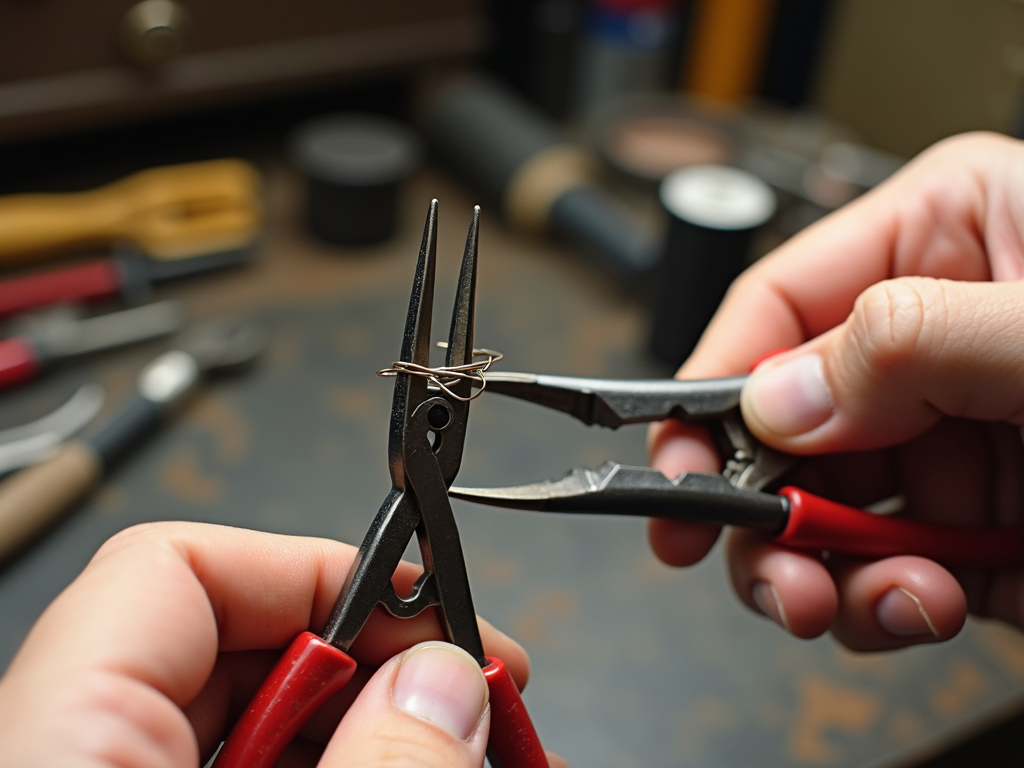
Pliers Basics
- Needle-Nose Pliers: Ideal for detailed work, like jewelry or electronics.
- Slip-Joint Pliers: Adjustable for gripping nuts or bolts.
Tip: Pick pliers with insulated handles for safety, especially around wires.
Wrenches: Turn It Tight
Wrenches tighten or loosen nuts and bolts. An adjustable wrench is a great start—it fits various sizes. I used one to fix a leaky faucet my first week as a DIYer, and it worked like a charm.
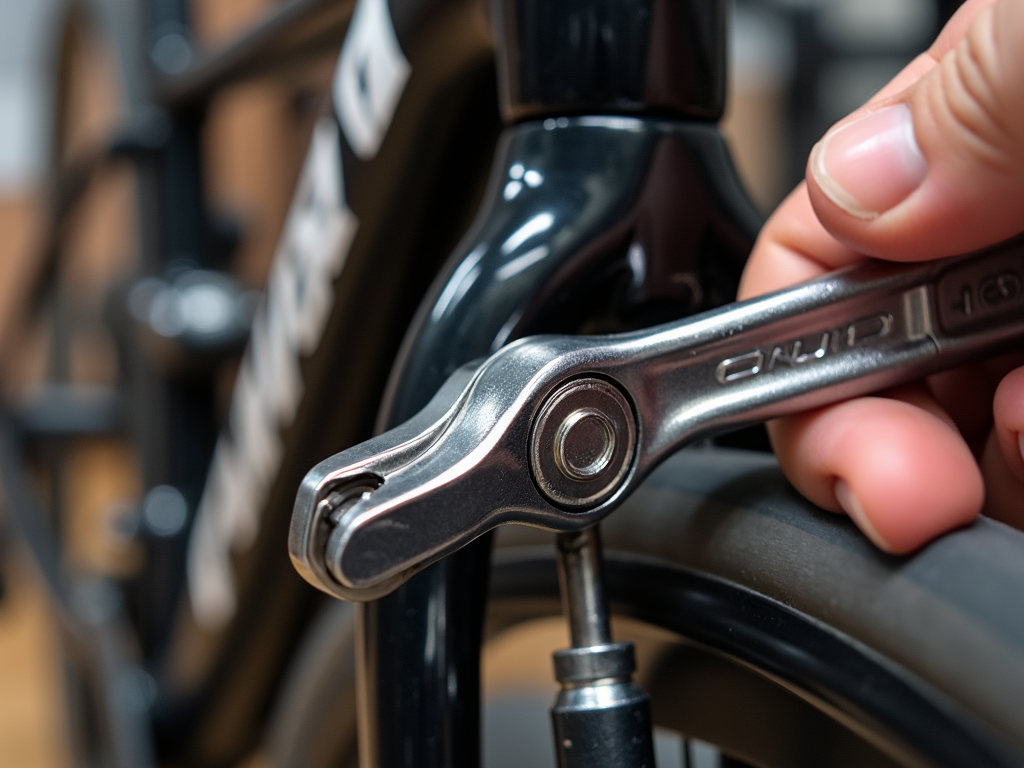
Measuring Tape and Level: Get It Straight
Accuracy matters in DIY. A measuring tape tracks length, while a level keeps things even. I learned this the hard way when my first shelf slanted—trust me, measure twice!
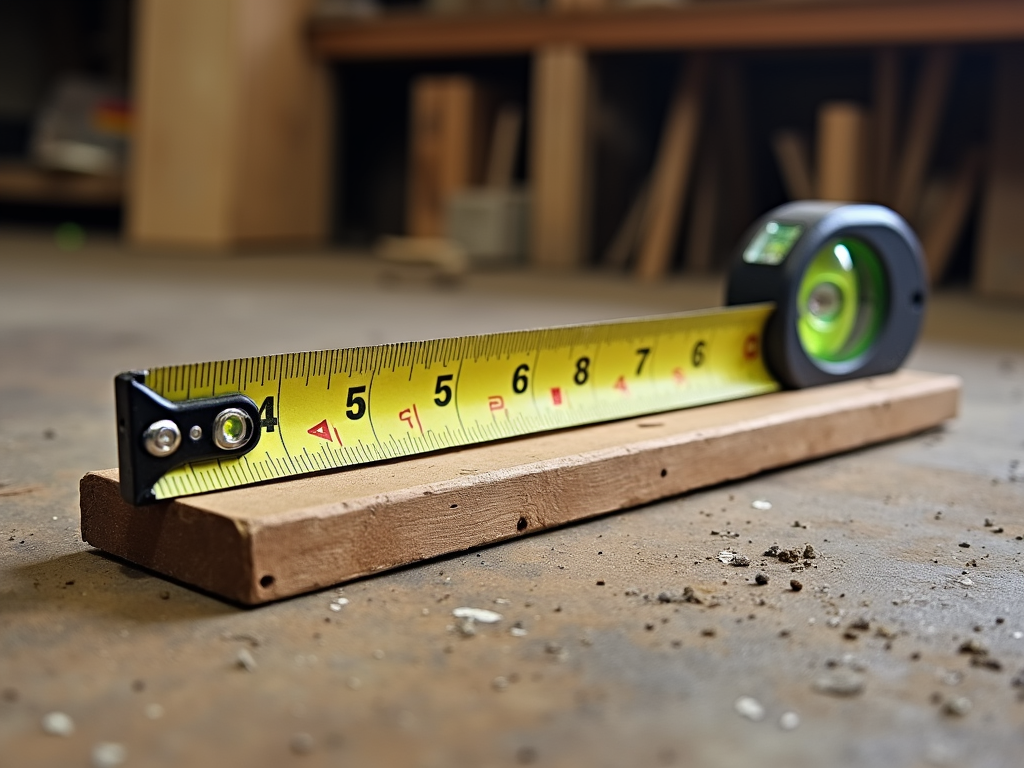
Measurement Tips
- Choose a tape with metric and imperial units.
- A 25-foot tape is plenty for most home projects.
- Levels with multiple vials help with angles.
Utility Knife: Cut with Care
A utility knife slices through cardboard, drywall, or even thin wood. Go for one with a retractable blade—safety first! Replace the blade when it dulls to keep cuts clean.
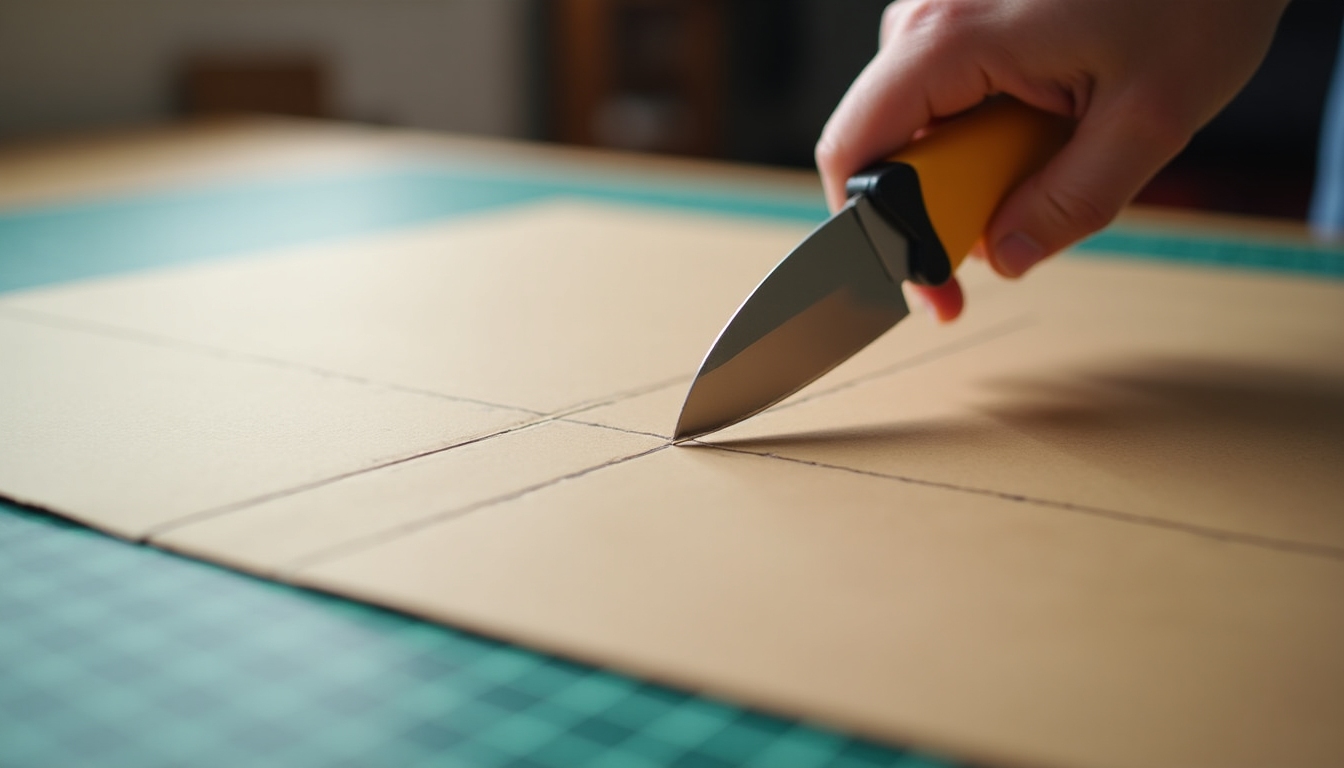
More Tools to Consider
Your basic kit can grow over time. Add these as you gain skills:
| Tool | Use |
|---|---|
| Handsaw | Cutting wood |
| Power Drill | Drilling and screwing |
| Safety Gear | Gloves, goggles, etc. |
Start small, then expand as your projects do.
Keep Your Tools in Shape
Store them in a dry toolbox to avoid rust. Wipe them down after use. A little care goes a long way—I’ve had my claw hammer for years because I treat it right.
Summary
This Guide to Essential Tools for Beginners covers the basics—like hammers, screwdrivers, and more—to set you up for DIY success. Invest in quality, start with small projects, and build your skills. Grab your tools and get started today!
Related Guide to Essential Tools for Beginners:
- Safety First: Essential Gear for Every DIY Enthusiast
- Smart Ways to Train for Construction Safety
- Essential Workman Tools for Plumbing Projects
- Top 10 Must-Have Tools for Every Workman
- The Importance of Regular Plumbing Maintenance
- A Look Back at Workman Tools Through the Years
- Easy DIY Projects for Newbies: Start Your Crafting Journey Today!
- Essential Tools Every Painter Needs in Their Toolkit
- How Ergonomic Tools Boost Productivity: A Comprehensive Guide
- Master Your Brush: Top Painting Techniques to Try
- Best Practices for Selecting Automotive Tools
- Workman Safety Tips: Maintaining Comfort and Health
